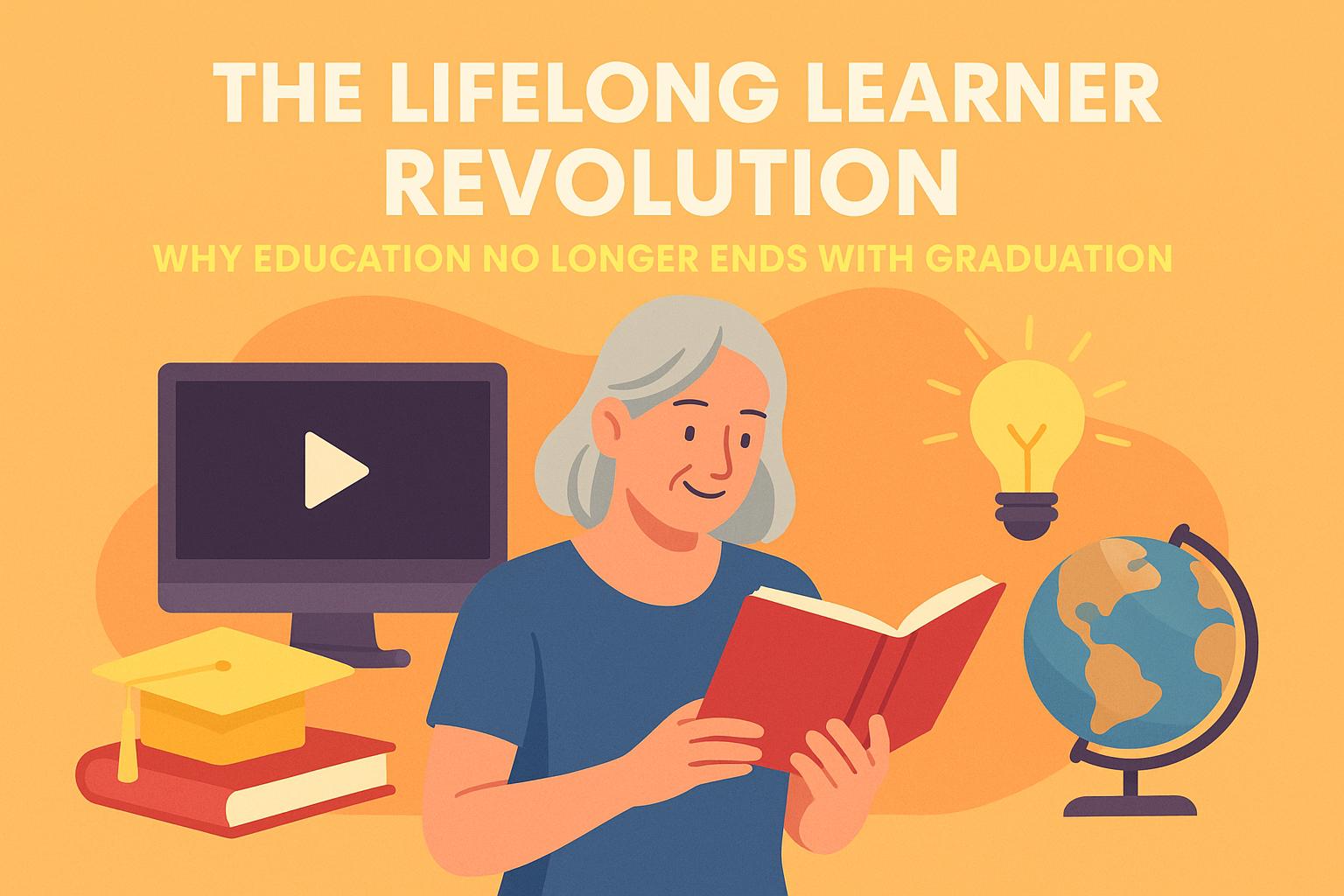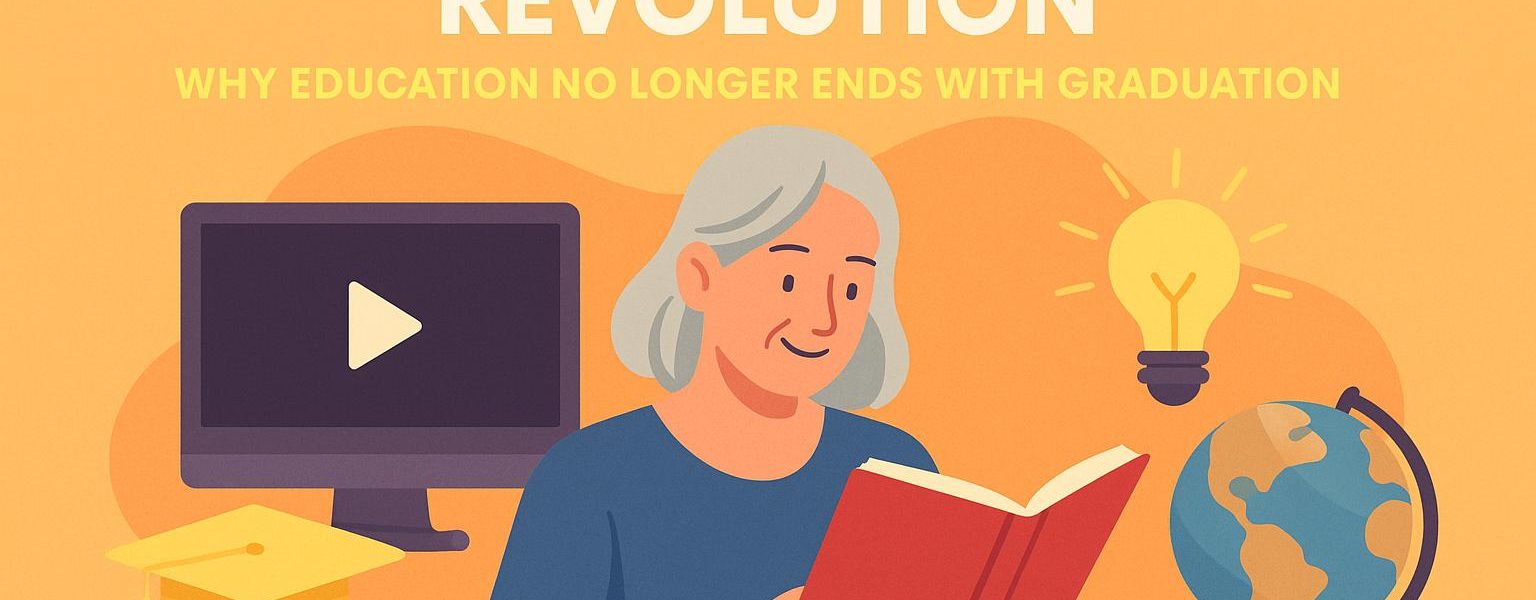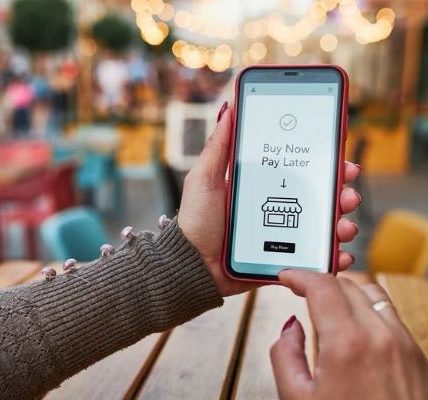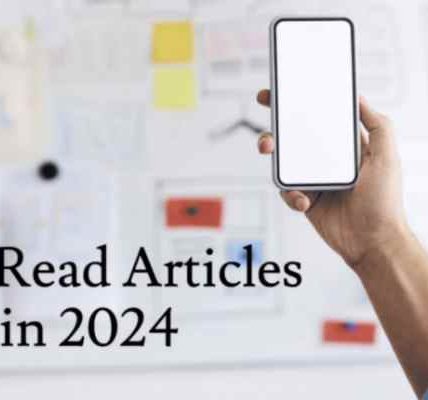For generations, education followed a predictable path: go to school, graduate, and enter the workforce. Learning was considered complete once a diploma or degree was earned. But in 2025, this model no longer fits the realities of a fast-changing world. Today, education is not a phase of life; it is a lifelong journey. The lifelong learner revolution has begun — a movement where growth, reskilling, and curiosity continue well beyond graduation day.

Why Graduation Is No Longer the End
Knowledge today has a shorter shelf life than ever before. Entire industries are being reshaped by Artificial Intelligence, automation, and globalization. Skills learned in college may be outdated within five years. To thrive, individuals must continually update their knowledge, adapt to new challenges, and remain curious. Graduation is no longer a finish line — it is a checkpoint in a much longer race.
The Drivers of the Lifelong Learner Revolution
Rapid technological change: AI, biotech, and green technologies demand new skills almost every year.
Global competition: Workers compete in a borderless economy, where ongoing learning becomes a key advantage.
Shifting careers: The average person may now change careers five to seven times, requiring new learning at each stage.
Personal growth: People are seeking not just jobs but meaning, purpose, and fulfillment, which continuous learning provides.
Stories of Lifelong Learners
A retired engineer in Japan is taking online courses in sustainable energy to mentor young innovators. A mother in Kenya is learning digital marketing through free online platforms to start a small business. A mid-career professional in Brazil is reskilling in data science after years in finance. These stories illustrate a truth: education is no longer limited by age, geography, or formal institutions. It is an ongoing journey, open to all.
The Role of AI and Digital Platforms
Technology is fueling this revolution. Online platforms provide access to courses in every field. AI personalizes learning, recommending lessons tailored to a learner’s pace and goals. Micro-credentials and digital badges allow learners to showcase skills instantly, making continuous education visible to employers. With learning apps available on smartphones, lifelong education is now as accessible as social media.
The Benefits of Lifelong Learning
Adaptability: Continuous learning helps individuals stay relevant in changing industries.
Confidence: Gaining new skills builds self-belief and reduces fear of change.
Fulfillment: Learning for curiosity or passion enriches life beyond professional goals.
Community: Lifelong learning communities foster collaboration across ages, cultures, and backgrounds.
Challenges to Overcome
Despite the momentum, barriers remain. Many people lack access to technology or affordable courses. Employers may not yet fully recognize micro-credentials. And there is still a cultural mindset that equates learning with youth. Overcoming these barriers will require policy support, corporate investment, and a societal shift that values education at every stage of life.
The Role of Institutions
Schools and universities must evolve. Instead of one-time degrees, they can offer lifelong learning subscriptions, where alumni return for updated knowledge throughout their careers. Governments can incentivize reskilling programs. Companies can provide training not as perks, but as essential investments. Institutions that embrace lifelong learning will remain relevant in an era where education is continuous.
The Future of the Lifelong Learner
By 2035, the most successful individuals will not be those with the highest degrees, but those with the deepest commitment to ongoing growth. Education will be less about certificates and more about adaptability. The question will not be “what did you study” but “what are you learning now?” This mindset shift will redefine both careers and lives.
The lifelong learner revolution is not optional. It is the reality of our interconnected, ever-changing world. But it is also an opportunity — to remain curious, to keep growing, and to design a life where learning never ends. Graduation may once have marked the end of learning. Today, it is simply the beginning.
Frequently Asked Questions
Q1: Is lifelong learning only about professional skills?
No. While career growth is a major driver, lifelong learning also includes personal passions, hobbies, and life skills that enrich overall well-being.
Q2: How can busy adults embrace lifelong learning?
Through micro-learning, podcasts, short online courses, and integrating small chunks of study into daily routines. Even 15 minutes a day makes a difference.
#LifelongLearning #NeverStopGrowing #InspirationUnlimited





